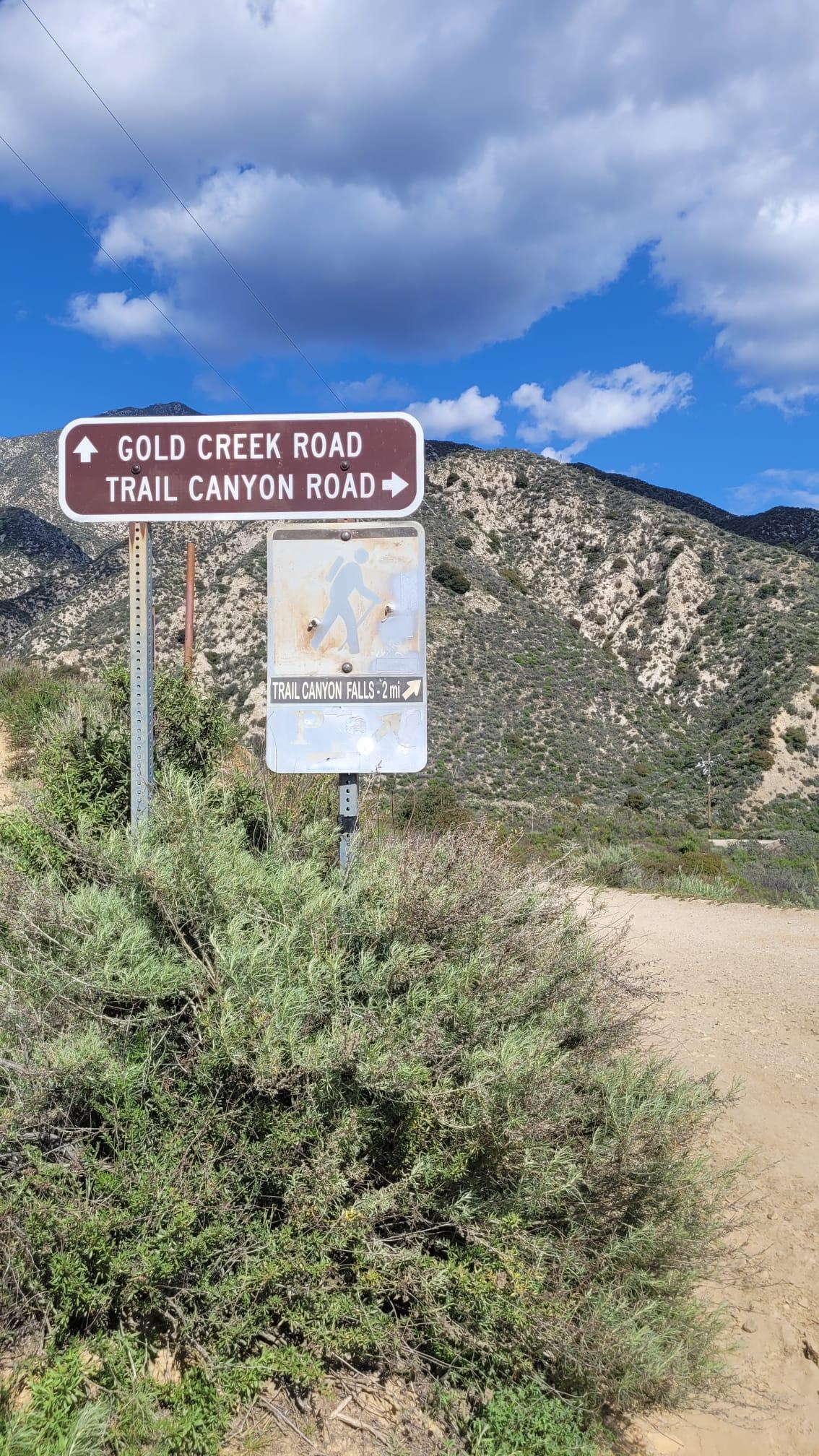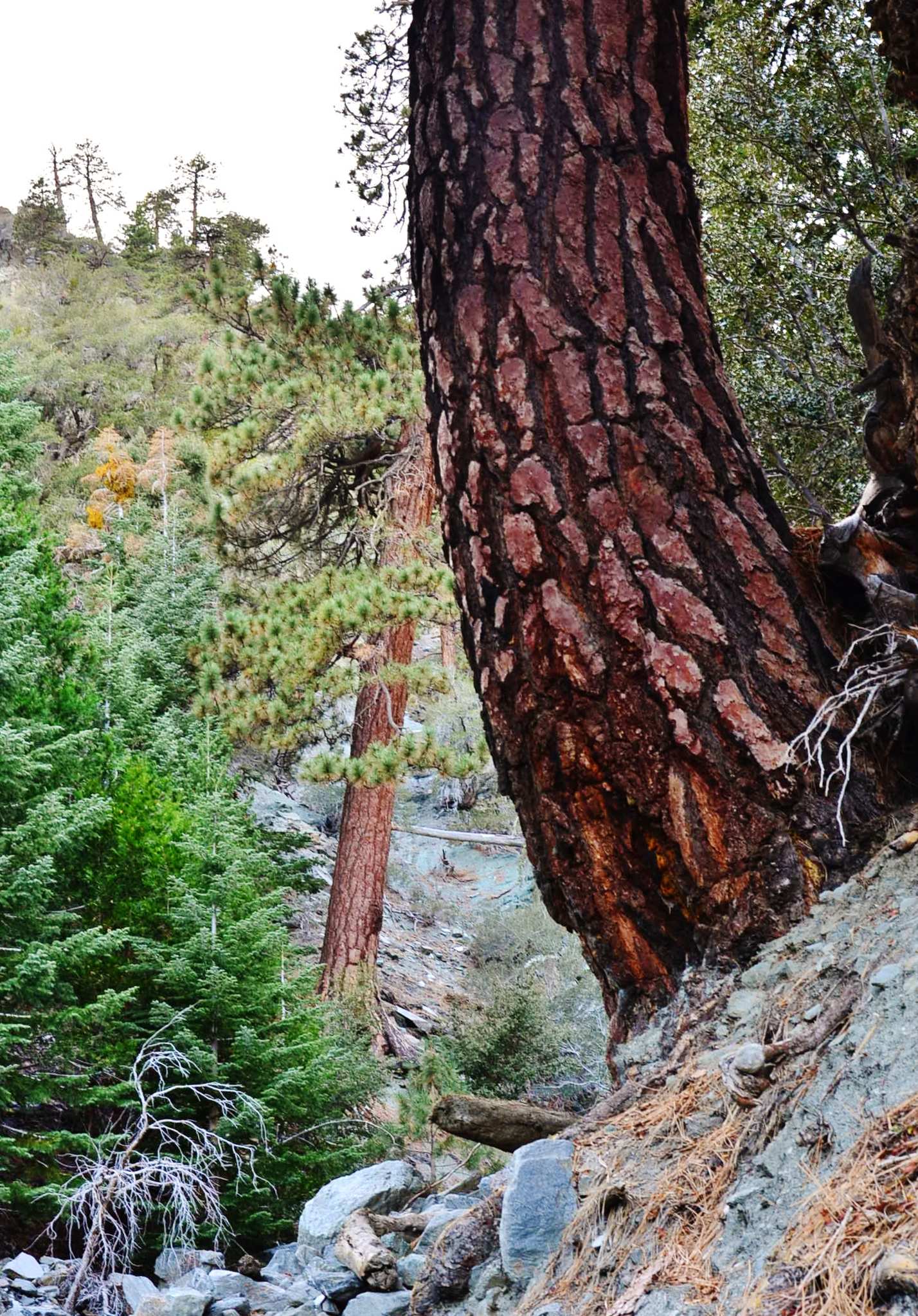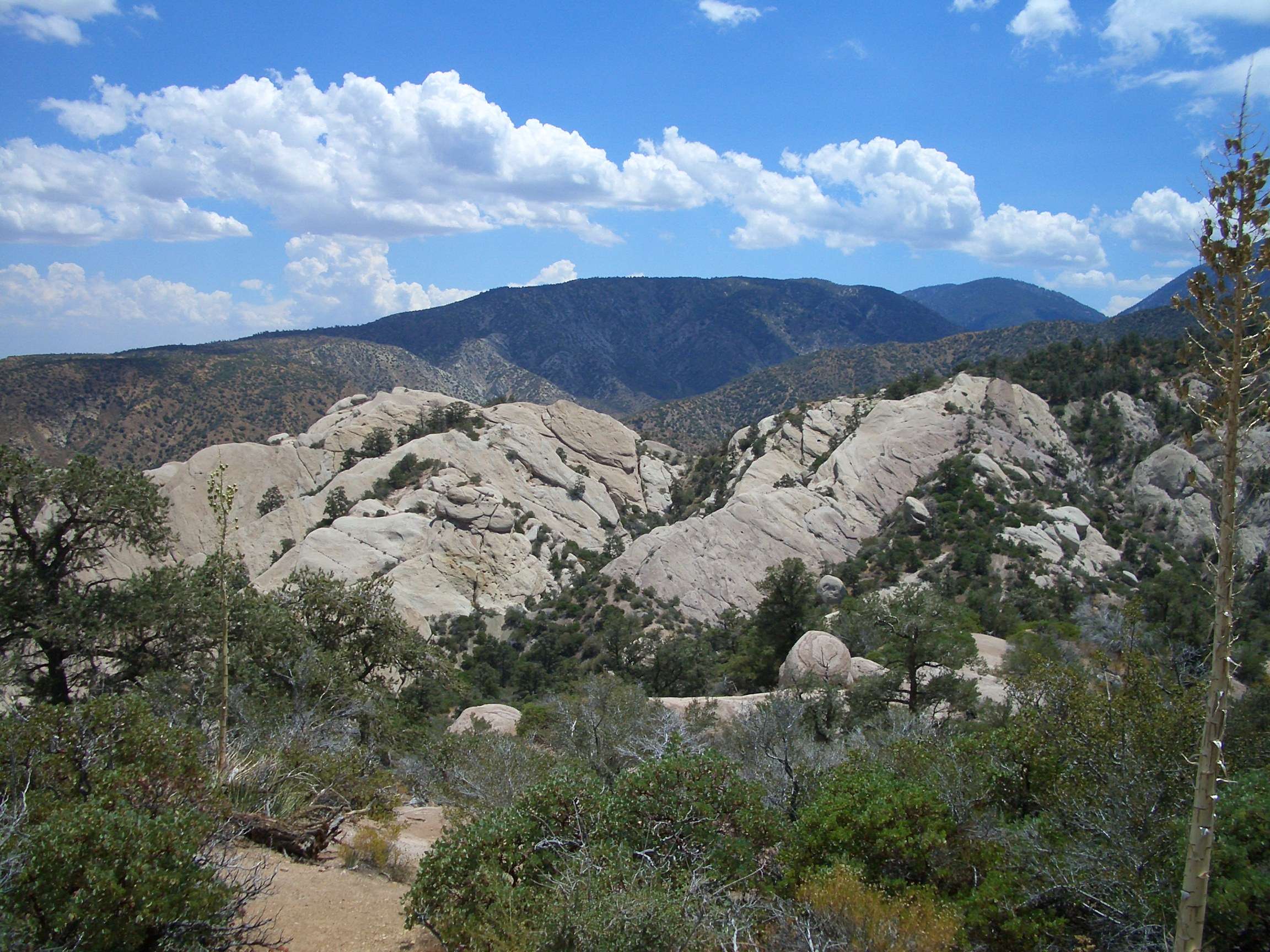Angeles National Forest is home to several stunning lakes and reservoirs, offering visitors a chance to enjoy water-based activities amidst breathtaking natural scenery. These lakes provide opportunities for fishing, camping, hiking, and wildlife observation. Crystal Lake, Jackson Lake, and various reservoirs dot the landscape, each with its unique features and attractions. This guide explores the lakes of Angeles National Forest, their accessibility, recreational opportunities, and important visitor information.
What Are the Main Lakes in Angeles National Forest?

Angeles National Forest boasts several notable lakes and reservoirs, each offering unique experiences for visitors:
- Crystal Lake
- Location: Headwaters of the north fork of the San Gabriel River
- GPS Coordinates: 34°19′24″N 117°50′15″W
-
Accessibility: One-way paved road and foot trail from the campground
-
Jackson Lake
- Located in the San Gabriel Mountains
-
Specific GPS coordinates not readily available
-
San Gabriel Reservoir
- Part of the San Gabriel River system
-
Serves as a water storage facility
-
Morris Reservoir
- Another key reservoir in the forest
- Contributes to local water management
While not within the forest boundaries, nearby lakes often associated with the area include:
- Big Bear Lake
- Castaic Lake
How Can Visitors Access Angeles National Forest Lakes?

Accessibility to the lakes in Angeles National Forest varies:
- Crystal Lake:
- Approximately 26 miles north on Hwy. 39 from Azusa, California
- Accessible via a one-way paved road
-
Foot trail available from the campground
-
Other Lakes and Reservoirs:
- Access routes may vary
- Some may require hiking or off-road vehicles
- Check with the Forest Service for specific access information
It’s important to note that road conditions and accessibility can change due to weather or maintenance. Always check current conditions before planning your trip.
What Fishing Opportunities Exist at Angeles National Forest Lakes?
Fishing is a popular activity at many of the lakes in Angeles National Forest. Here’s what anglers need to know:
Fishing Regulations
- California Department of Fish and Wildlife regulations apply
- A valid California fishing license is required
- Additional permits may be necessary for specific lakes
Fish Species
- Trout
- Bass
- Catfish
Best Fishing Spots
- Crystal Lake is known for good fishing opportunities
- Other lakes and reservoirs may offer varied fishing experiences
Seasonal Considerations
- Fishing seasons and restrictions can vary by lake
- Some lakes may have catch-and-release only periods
- Certain areas might be closed during specific times to protect fish populations
Always check current regulations and obtain necessary permits before fishing.
What Camping Options Are Available Near Angeles National Forest Lakes?
Camping near the lakes of Angeles National Forest provides an immersive outdoor experience. Here are some options:
Crystal Lake Campground
- Approximately 120 campsites in the main campground
- 25 campsites in the Deer Flats Group Campground
- Amenities include restrooms, fire pits, and picnic tables
- Campsites available on a first-come, first-served basis
- Some group sites may be reservable
Other Campgrounds
- Buckhorn Campground in the Los Angeles River Ranger District
- 36 total campgrounds in Angeles National Forest and San Gabriel Mountains National Monument
| Campground | Number of Sites | Amenities | Reservation Process |
|---|---|---|---|
| Crystal Lake | 145 | Restrooms, fire pits, picnic tables | First-come, first-served |
| Buckhorn | Varies | Varies | Check with Forest Service |
| Others | Varies | Varies | Check with Forest Service |
Camping fees apply, with rates varying depending on the type of campsite and additional services.
What Hiking Trails Are Near Angeles National Forest Lakes?
Hiking trails near the lakes offer visitors a chance to explore the surrounding natural beauty:
Crystal Lake Area Trails
- Lake Trail
- Cuts across campgrounds
- Joins main road to Visitor Center
- Start point: 34°19′24″N 117°50′15″W
-
Elevation: 5,744 feet (1,751 m)
-
Golden Cup Nature Trail
- Short loop trail with information boards
- Start point: 34°19′38″N 117°50′06″W
-
Elevation: 5,865 feet (1,788 m)
-
Big Cienega Trail
- Length: 1.2 miles
- Starts at a paved road
-
Start point: 34°20′07″N 117°49′31″W
-
Windy Gap Trail
- Length: 2.5 miles
- Starts at a paved road
- Start point: 34°19′37″N 117°49′56″W
-
Elevation: 6,099 feet (1,859 m)
-
Access to Pacific Crest Trail
- Length: 2.5 miles
- Starts at a paved road
- Start point: 34°19′52″N 117°49′59″W
Other Notable Trails
- Pacific Crest Trail: Passes through Angeles National Forest
- Gabrielino Trail: Significant trail in the area
What Wildlife Can Be Observed Around Angeles National Forest Lakes?
The lakes and surrounding areas of Angeles National Forest are home to diverse wildlife:
- Fish: Trout, bass, catfish
- Birds: Various species of waterfowl and forest birds
- Mammals: Deer, squirrels, and occasionally larger predators like mountain lions
- Reptiles and Amphibians: Various species adapted to the forest and aquatic environments
Visitors should observe wildlife from a safe distance and avoid feeding or disturbing animals.
How Can Visitors Prepare for a Trip to Angeles National Forest Lakes?
Proper preparation is key for a safe and enjoyable visit to Angeles National Forest lakes:
- Check current conditions and alerts on the Forest Service website
- Obtain necessary permits (camping, fishing, etc.)
- Bring appropriate gear for planned activities
- Pack plenty of water and snacks
- Inform someone of your trip plans
- Be aware of fire restrictions and safety guidelines
- Practice Leave No Trace principles
By following these guidelines, visitors can help preserve the natural beauty of Angeles National Forest lakes for future generations to enjoy.
References:
1. Crystal Lake Recreation Area – Wikipedia
2. Angeles National Forest & San Gabriel Mountains Visitor Guide
3. Angeles National Forest – Maps & Publications

